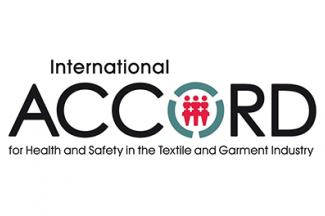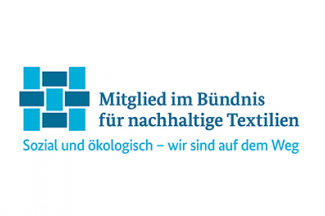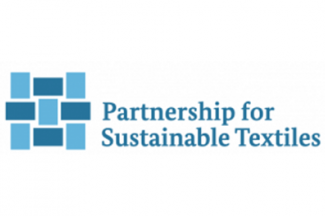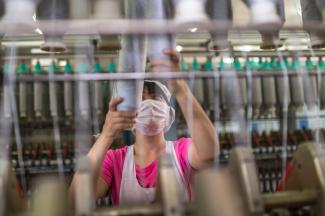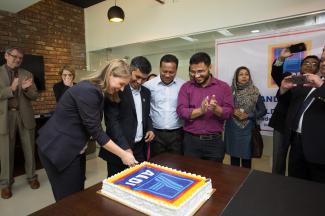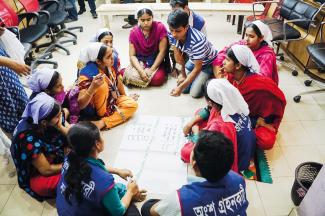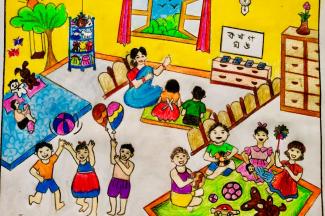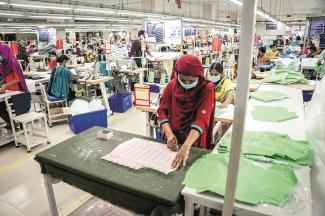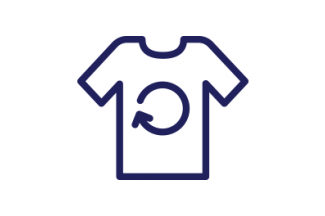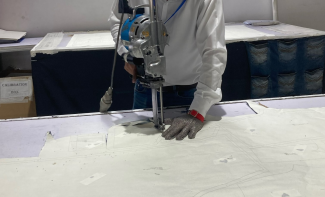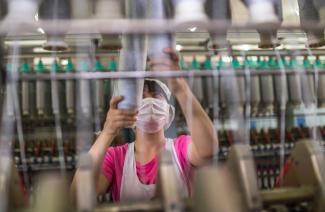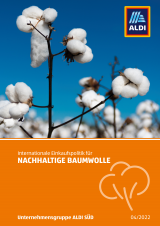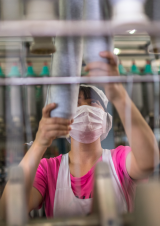
Textiles
Our Approach
It is important to us that garment and household textiles, which are a regular component of our weekly special buys, are produced in an environmentally and socially sound way. Our goal for the future is to further expand our range of sustainable textiles and create even greater transparency in ALDI’s supply chain.
Most of our textile products are manufactured in production facilities in Asia. Our Corporate Responsibility (CR) team works closely with our textile business partners to support them in the implementation of our CR standards. Additionally, our colleagues based in Hong Kong and Bangladesh are frequently in the production facilities to assess the conditions on the ground. While we strive to improve working conditions in our production facilities, we also look at other stages of our supply chain, from design to cotton production to dyeing and finishing of garments.
Our Action
Transparency and Traceability
We attach great importance to sustainable production conditions in the manufacturing of food and non-food products. Supply chain transparency is the foundation for all our sustainability measures. Without the knowledge where our products come from, we cannot ensure compliance with our requirements, analyse risks, monitor or implement projects. We work with our business partners to increase the transparency of our supply chains so that we have a better understanding concerning the origin of every product we sell and the raw materials used.
We are publishing the names, addresses and number of employees of all our main production facilities used for the manufacturing of garment textiles and shoes bought by the International Buying department. Production facilities are classified by product groups or country and the information is updated bi-annually.
National traceability platform

To offer greater transparency to our customers, we launched the customer-oriented Check Your Product Platform in 2018. All sustainable cotton articles with certifications from the Global Organic Textile Standard, Organic Content Standard, Cotton made in Africa, Better Cotton and Fairtrade are published on this platform. By scanning the QR code on products or in the in-store magazine, customers can easily find out where all production processes took place and where the cotton is coming from. The Check Your Product platform is available for products sold in ALDI and HOFER stores in Germany, Austria, Slovenia, Italy, Switzerland and Hungary.
Manufacturing supply chains
We expect our business partners to comply with all our social and environmental standards and we pay particular attention to production conditions in countries where adherence to these standards cannot yet be taken for granted. In these countries, we want to contribute to the improvement of working conditions and the protection of the environment.
As many of our products are not sourced directly from producers, we value our business partners as key allies in improving working conditions in production facilities used for ALDI. Therefore, we maintain an ongoing dialogue with our business partners, work together on projects (e.g. the ALDI Factory Advancement Project) as well as monitoring their activities to ensure that our requirements are implemented and adhered to in all production facilities used for ALDI production.
Social Monitoring Programme (SMP)
To be able to monitor compliance with our social and environmental standards and to continue to foster these together with our business partners, we have developed and implemented our Social Monitoring Programme (SMP). On-site audits performed by independent experts are a key component of the programme.
Since 2018, all high risk non-food commodity groups of the ALDI SOUTH Group, including garment and household textiles, are integrated into our Social Monitoring Programme.
ALDI Social Assessment (ASA)
Since 2012, we have been supplementing third-party audits with our own on-site visits for certain high-risk commodity groups with the goal to gain a better understanding of our supply chains and to foster stronger and more open relationships with our business partners and production facilities. The ALDI Social Assessments (ASAs) are assessments of main production facilities that are carried out by ALDI employees together with external auditors and business partner representatives.
Corporate Responsibility Supplier Evaluation (CRSE)
Since 2018, we have been annually evaluating the CR performance of all our international garment textiles business partners.
The Corporate Responsibility Supplier Evaluation (CRSE) is a comparable and transparent evaluation based on quantitative and qualitative indicators. The indicators focussing on our business partners’ social and environmental compliance management systems as well as their production facilities’ CR performance are derived from our CR Requirements, which form part of every contract.
The results of this evaluation increasingly influence our buying decisions. The CRSE supports long-term relationships with those business partners, who demonstrate a strong CR record and provides incentives for continuous improvement.

Chemicals in Production
In 2015, the ALDI SOUTH Group joined 80 other international fashion retailers in committing to the goals of Greenpeace’s Detox campaign. Since then we have reduced the negative impacts of chemical-based production processes used in the textile and footwear industry on workers, local communities and the environment.
We have empowered our suppliers to work with their business partners in order to deliver our requirements and verify their implementation within the scope of our sourcing activities. Our ALDI Detox Reports summarise the positive progress we have made over the past five years.
We will continue to increase the scope of our work to address further environmental impacts, ranging from strengthening our commitment to more sustainable material sourcing to raising awareness of opportunities to buy more sustainably. This means that we will promote more sustainable production processes and sustainable products to enable our customers to consume sustainably.
Sustainable Fibres
We work hard to increase the share of sustainable materials used for ALDI products and we are always looking for innovative ways to ensure that our products are designed and produced in a responsible way.
Cotton
Cotton accounts for the majority of all fibres used in the garments and household textiles offered by ALDI. Whilst cotton is a renewable natural resource that is fully biodegradable, it is also linked to human rights and environmental risks in the countries where it is grown.
Together with our business partners, we are committed to standards that achieve long-term sustainable improvements in the cultivation of cotton. We will ensure to use 100% sustainable cotton for our ALDI-exclusive garments and household textiles by 2025.
Recycled polyester
We regularly look into new sustainable fibre alternatives and recycled materials. To increase the share of sustainable materials, we work with brands like REPREVE®, a high quality recycled polyester made of PET bottles.
Stakeholder Dialogue & Capacity Building
We believe the best way to protect the people and the environment is through joint initiatives and partnerships. For this reason, we engage in various multi-stakeholder initiatives and projects on the ground.
Our CR Performance
Our Goal: All textile business partners receive a Corporate Responsibility Supplier Evaluation (CRSE) and respective training. Since 2018, 100% of our textile business partners are integrated into the CRSE.
Sustainable Development Goals
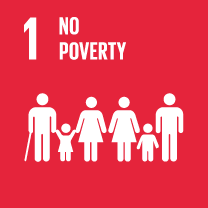
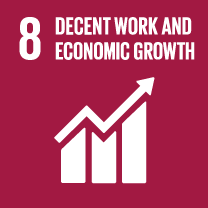
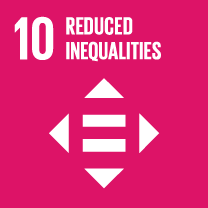
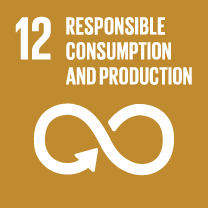
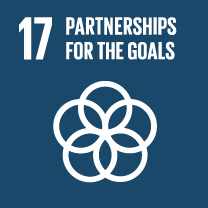
UNGC
Human Rights
Principle 1
Support and respect the protection of human rights
Principle 2
Not complicit in human rights abuses
Labour
Principle 3
Uphold freedom of association and recognition of right to collective bargaining
Principle 4
Elimination of forced and compulsory labour
Principle 5
Abolition of child labour
Principle 6
Elimination of discrimination in respect of employment and occupation
Environment
Principle 7
Precautionary approach to environmental challenges
Principle 8
Promote environmental responsibility
Anti-Corruption
Principle 10
Work against corruption in all its forms
